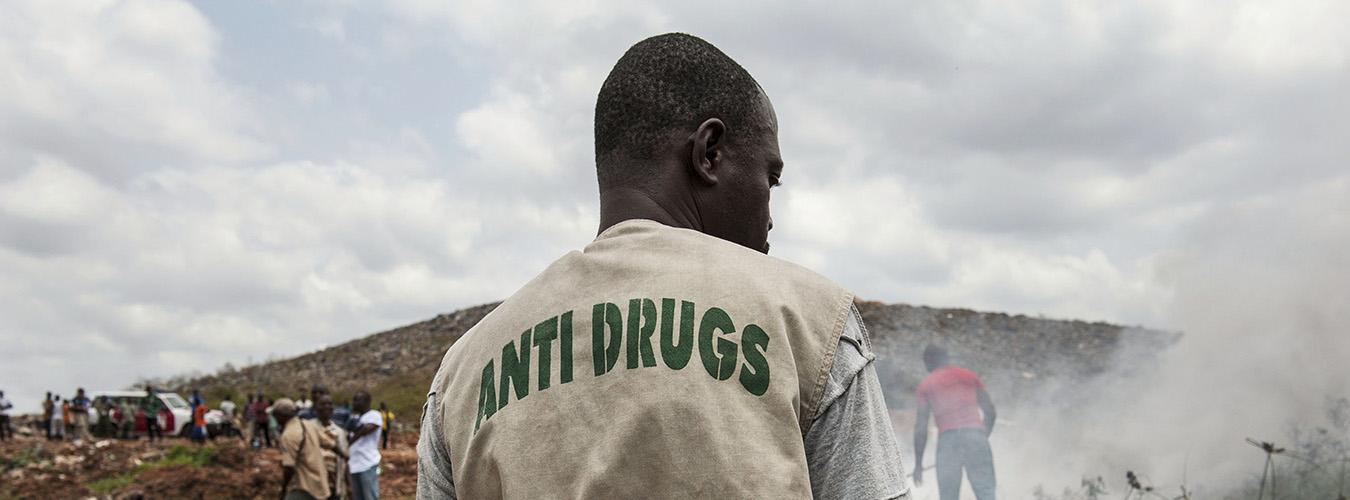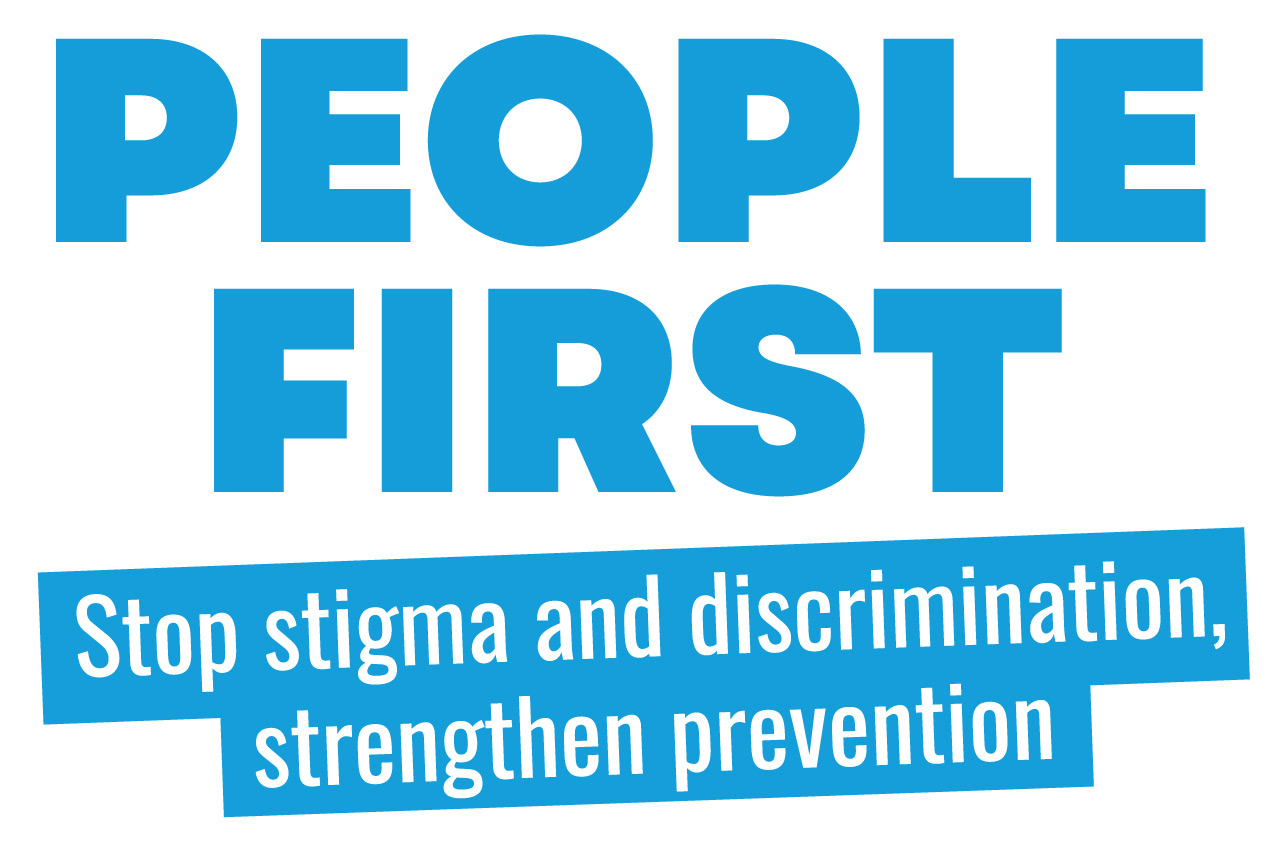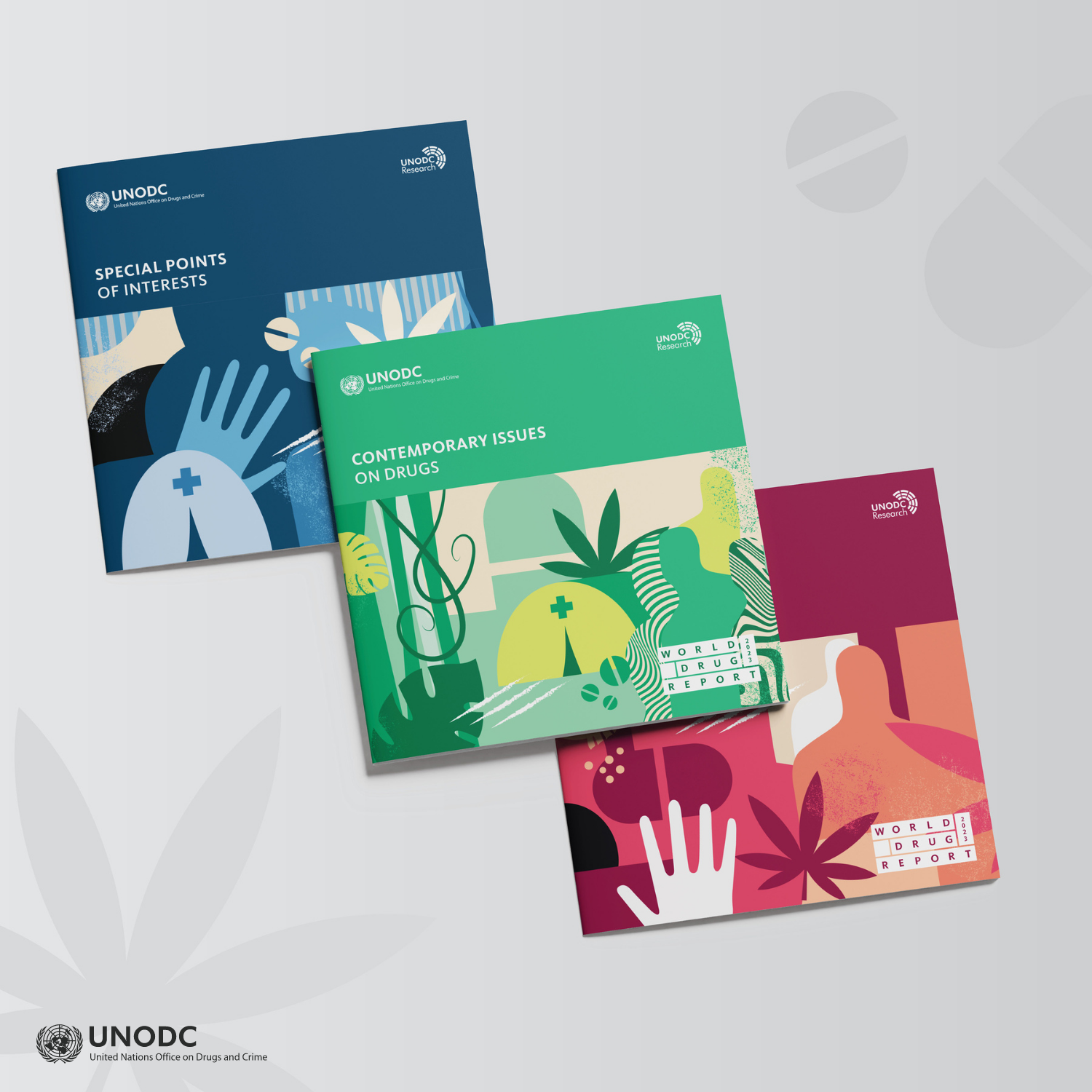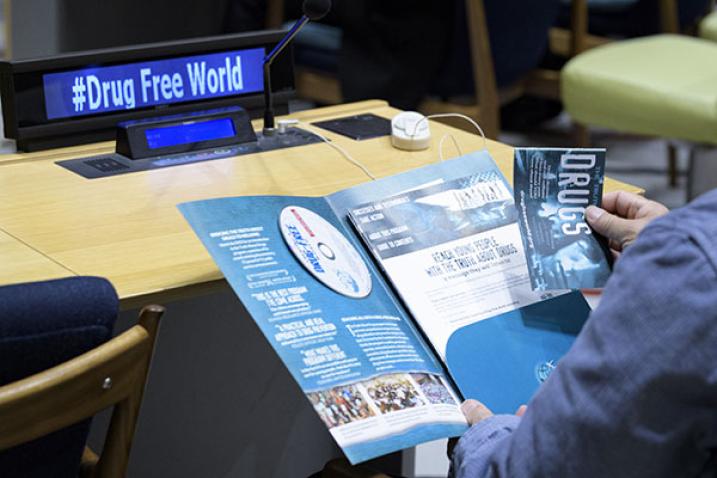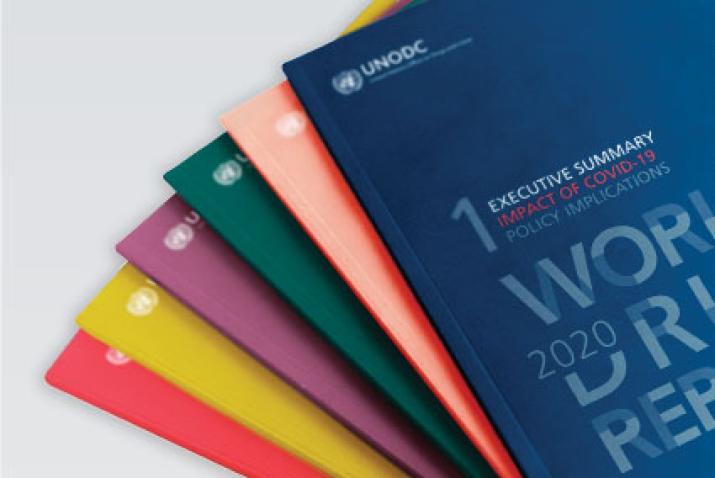By resolution 42/112 of 7 December 1987, the General Assembly decided to observe 26 June as the International Day against Drug Abuse and Illicit Trafficking as an expression of its determination to strengthen action and cooperation to achieve the goal of an international society free of drug abuse.
Supported each year by individuals, communities, and various organizations all over the world, this global observance aims to raise awareness of the major problem that illicit drugs represent to society.
People first: stop stigma and discrimination, strengthen prevention
The world drug problem is a complex issue that affects millions of people worldwide. Many people who use drugs face stigma and discrimination, which can further harm their physical and mental health and prevent them from accessing the help they need. The United Nations Office on Drugs and Crime (UNODC) recognizes the importance of taking a people-centered approach to drug policies, with a focus on human rights, compassion, and evidence-based practices.
The International Day against Drug Abuse and Illicit Trafficking, or World Drug Day, is marked on 26 June every year to strengthen action and cooperation in achieving a world free of drug abuse. The aim of this year’s campaign is to raise awareness about the importance of treating people who use drugs with respect and empathy; providing evidence-based, voluntary services for all; offering alternatives to punishment; prioritizing prevention; and leading with compassion. The campaign also aims to combat stigma and discrimination against people who use drugs by promoting language and attitudes that are respectful and non-judgmental.
World Drug Report
Every year, UNODC issues the World Drug Report, full of key statistics and factual data obtained through official sources, a science-based approach and research. UNODC continues to provide facts and practical solutions to address the current world drug problem and remains committed to attaining health for all. Health and justice sectors are under pressure and access to services and support is obstructed when we can least afford it.

